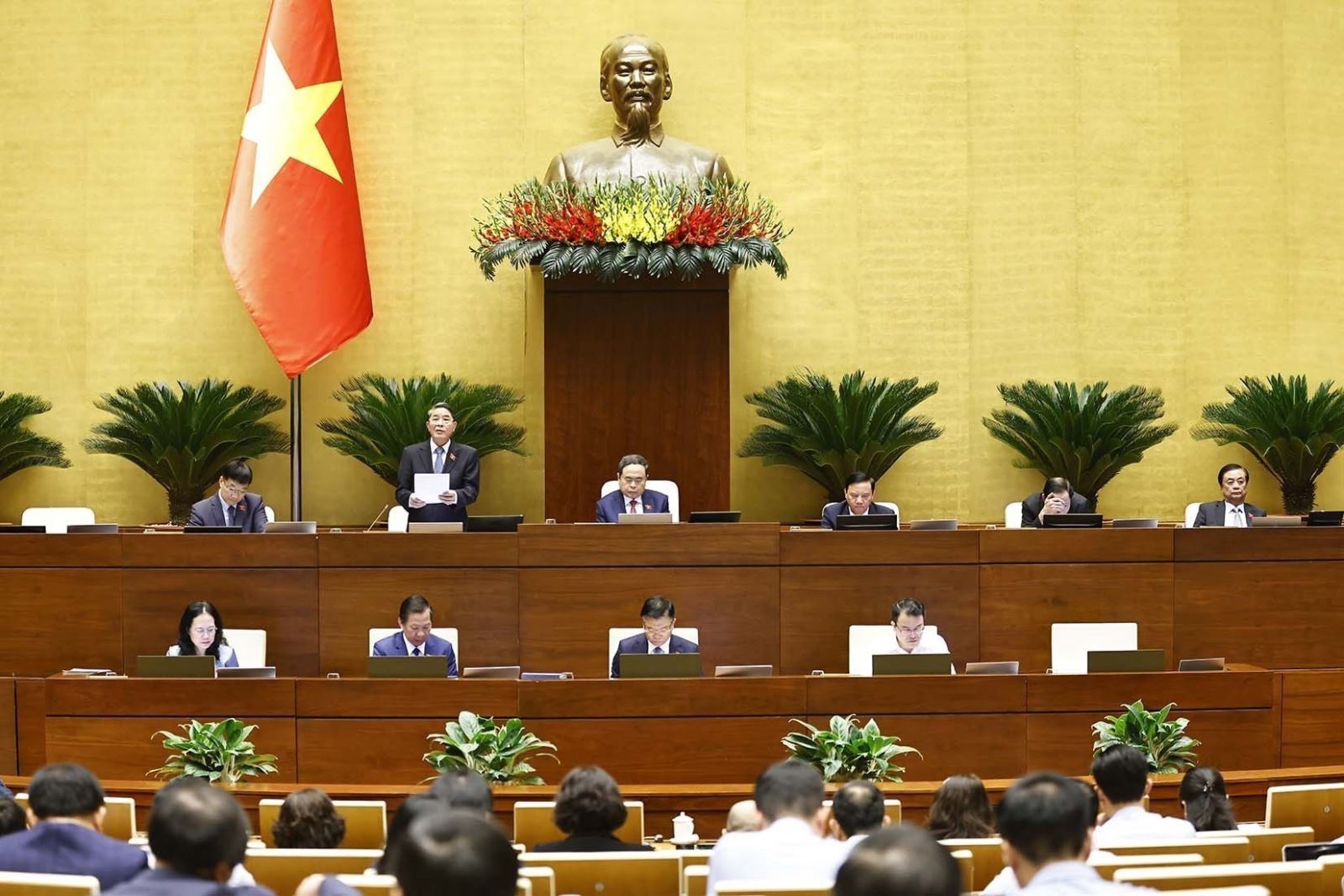
On October 30, the National Assembly continued to discuss socio -economic issues under the direction of Vice Chairman of the National Assembly Nguyen Duc Hai. Photo: Doan Tan/VNA
According to Vice Chairman of the National Assembly Nguyen Duc Hai, in general, the discussion atmosphere was lively, frank and responsible, and National Assembly deputies contributed many important and enthusiastic opinions on the implementation of the 2025 state budget, the 2026 budget estimate, the 5-year plans on medium-term public investment, national finance, borrowing and public debt repayment.
Through monitoring the discussion sessions of the delegates in the groups and halls, it shows that the National Assembly delegates unanimously assessed: In 2025, the world context will have many fluctuations and challenges. In the country, many breakthrough areas will be implemented, and at the same time, resources must be mobilized to achieve the growth target of over 8%.
However, the management and operation of the state budget achieved positive results, estimated revenue exceeded the estimate, basic expenditure tasks were met, ensuring sufficient funding for public debt within the allowable limit.
The socio-economic context in the remaining months of 2025 is forecast to face many challenges, especially the impact of natural disasters, storms and floods, and global economic instability. Therefore, delegates proposed to continue to remove difficulties and obstacles to complete the 2025 budget targets and tasks at the highest level.
2026 is the first year of implementing the 2026-2030 five-year plan, with socio-economic development requirements at a much higher level than the previous period. Budget revenue and expenditure, budget deficit, and public debt are associated with the double-digit growth target, so there are many challenges. Therefore, National Assembly deputies proposed to anticipate risks to revenue estimates, have solutions to strengthen revenue management, grasp revenue sources, expand revenue bases, and ensure correct, sufficient, and timely collection.
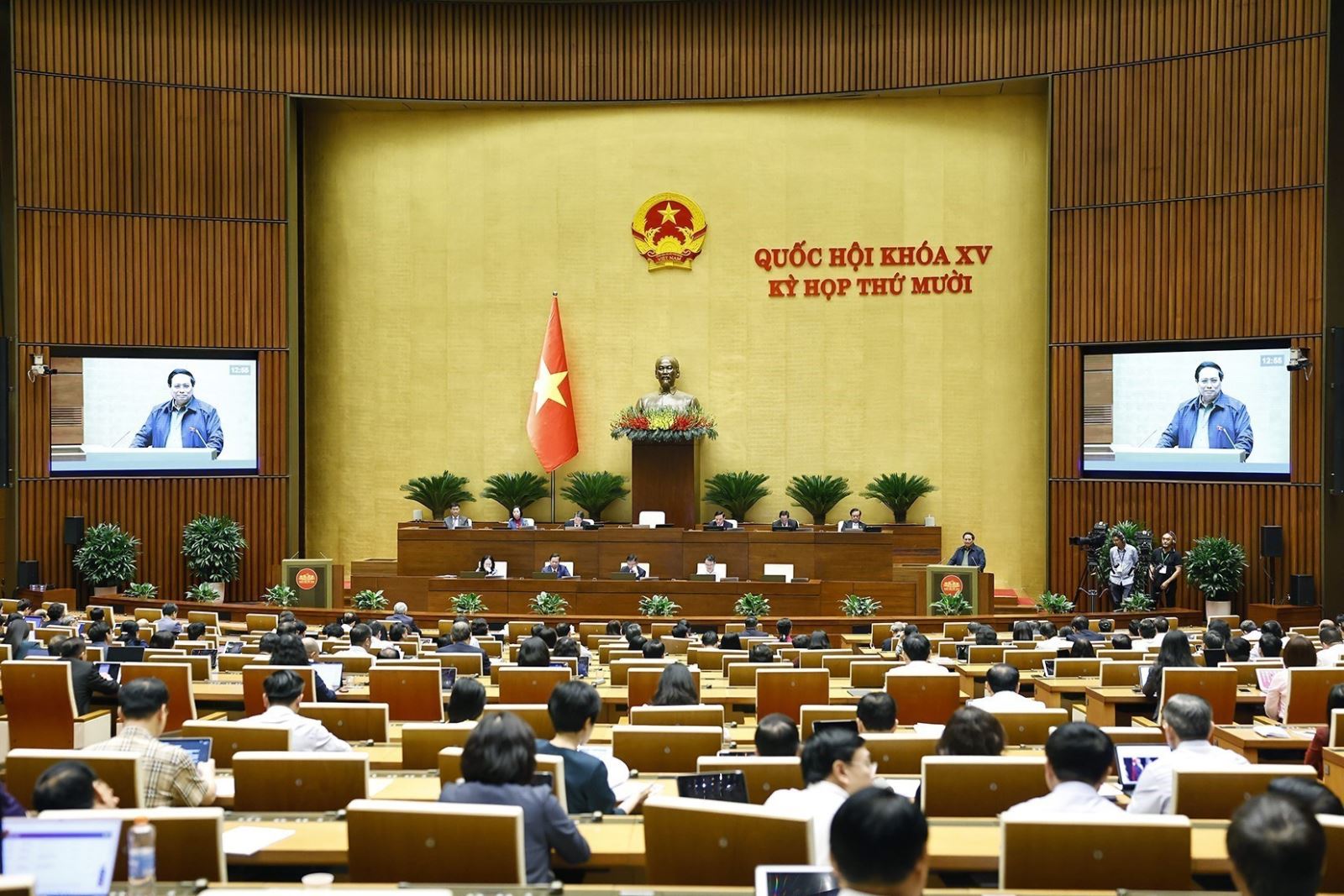
On the afternoon of October 30, Prime Minister Pham Minh Chinh gave a speech to explain and clarify a number of issues raised by National Assembly deputies. Photo: Doan Tan/VNA
National Assembly deputies also noted that the need to increase central budget expenditure in 2026 is very large, therefore, there needs to be solutions to mobilize and effectively use resources to complete goals and tasks. It is necessary to carefully assess the impact of increased public spending on inflation, in order to have solutions to control inflation, manage budget expenditures closely, effectively, thoroughly, and save regular expenditures. Some National Assembly deputies also suggested that it is possible to increase the state budget deficit reasonably to increase resources for preventing and fighting natural disasters and epidemics, spending on development investment and implementing breakthroughs according to the Central Government's policies.
It is necessary to promptly allocate and assign public investment capital in 2026, resolutely direct to accelerate disbursement progress, tighten discipline, and link the responsibility of the head with the results of implementing the public investment plan. Manage and use public investment capital in compliance with the law effectively, combat waste and negativity, effectively use public assets of units after merger, local administrative units and ministries and central agencies, continue to innovate the management and use of financial funds outside the state budget, paying attention to the Health Insurance Fund, Social Insurance Fund and other types of funds; strengthen the asset management institution of state-owned enterprises.
National Assembly deputies also gave their opinions on tax exemption and reduction policies, the situation of arrears and tax evasion that reduces budget revenues. Savings in percentages on the disbursement estimates of ODA capital, foreign loans, PPP forms, the implementation of national target programs, the impact of raw material shortages, materials, planning, land acquisition and valuation on public investment.
Regarding the national 5-year financial plan and the medium-term public investment plan, National Assembly deputies agreed that the world and domestic situation in the 2021-2025 period will develop rapidly and complicatedly, in some cases beyond the forecasting capacity, and many important, revolutionary, and breakthrough resolutions of the Central Government will be implemented domestically. However, the targets and objectives of the 5-year financial plan will be basically completed, budget revenue and expenditure will be improved, prioritizing investment expenditure and balancing sufficient resources for important expenditure tasks in all fields, ensuring loans for the state budget and development investment, and public debt safety indicators within the allowable threshold.
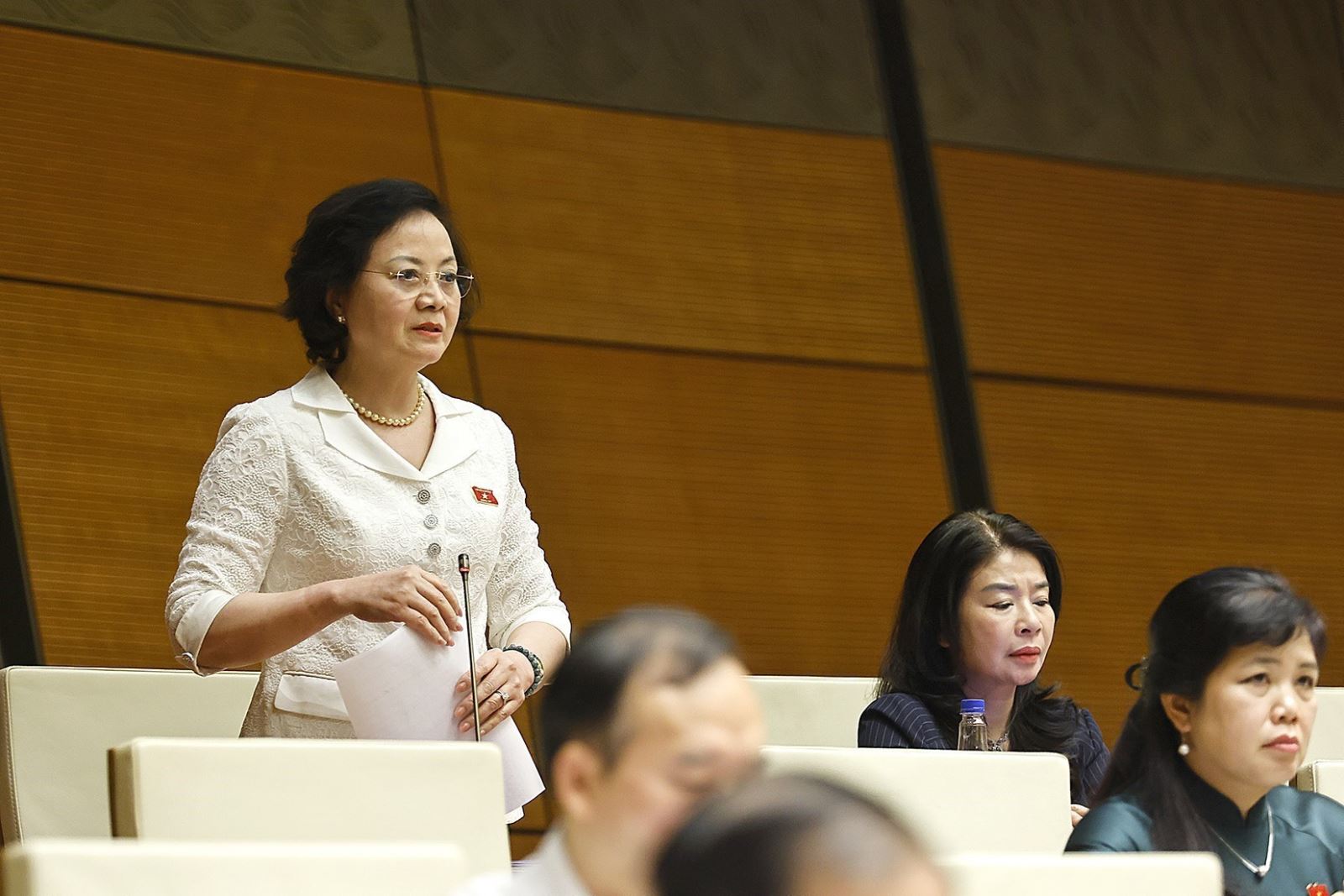
Deputy Prime Minister Pham Thi Thanh Tra explains and clarifies a number of issues raised by National Assembly deputies. Photo: Doan Tan/VNA
National Assembly deputies proposed that the financial and budget plan for the 2026-2030 period should overcome the limitations of the previous period. Some deputies suggested that it is necessary to change the mindset of national financial management, shifting from allocating state budget resources to leading state resources and strengthening the application of the budget management mechanism based on output results to serve socio-economic development goals, bringing the country into a new stage of development.
Continue to improve the law on revenue and expenditure of the budget, ensure the leading role of the central budget, structure the budget revenue in a sustainable direction, improve the allocation and assignment of public investment disbursement plans, focus capital on key projects, infrastructure projects with regional connectivity, prioritize difficult areas, key areas, both create development momentum and avoid disparities in the development process. Continue to reduce the proportion of regular expenditure, limit transferred expenditure, increase revenue, expenditure and public debt indicators very high compared to the previous period to implement the double-digit growth targets and important resolutions of the Central Government.
Therefore, National Assembly deputies proposed to fully prepare for risks, strengthen revenue management, have effective and feasible solutions, mobilize sufficient resources for development goals while ensuring public debt safety and national financial security, mobilize social resources such as gold and foreign currency and ensure effective management and use of resources; handle difficulties and obstacles to smoothly operate financial management, budget, and public assets according to the 2-level local government model; strengthen budget discipline, prevent loss and waste when implementing breakthroughs in healthcare, education, science, technology, digital transformation, and public investment.
National Assembly deputies also proposed to review and carefully evaluate borrowing capacity, debt repayment capacity, strictly control contingent debt obligations, government guarantees, fully identify risks of borrowing, exchange rates, and risks of balancing debt repayment sources to have appropriate solutions; the issuance of government bonds, loan terms, and loan interest rates need to be carefully reviewed, especially short-term bonds.
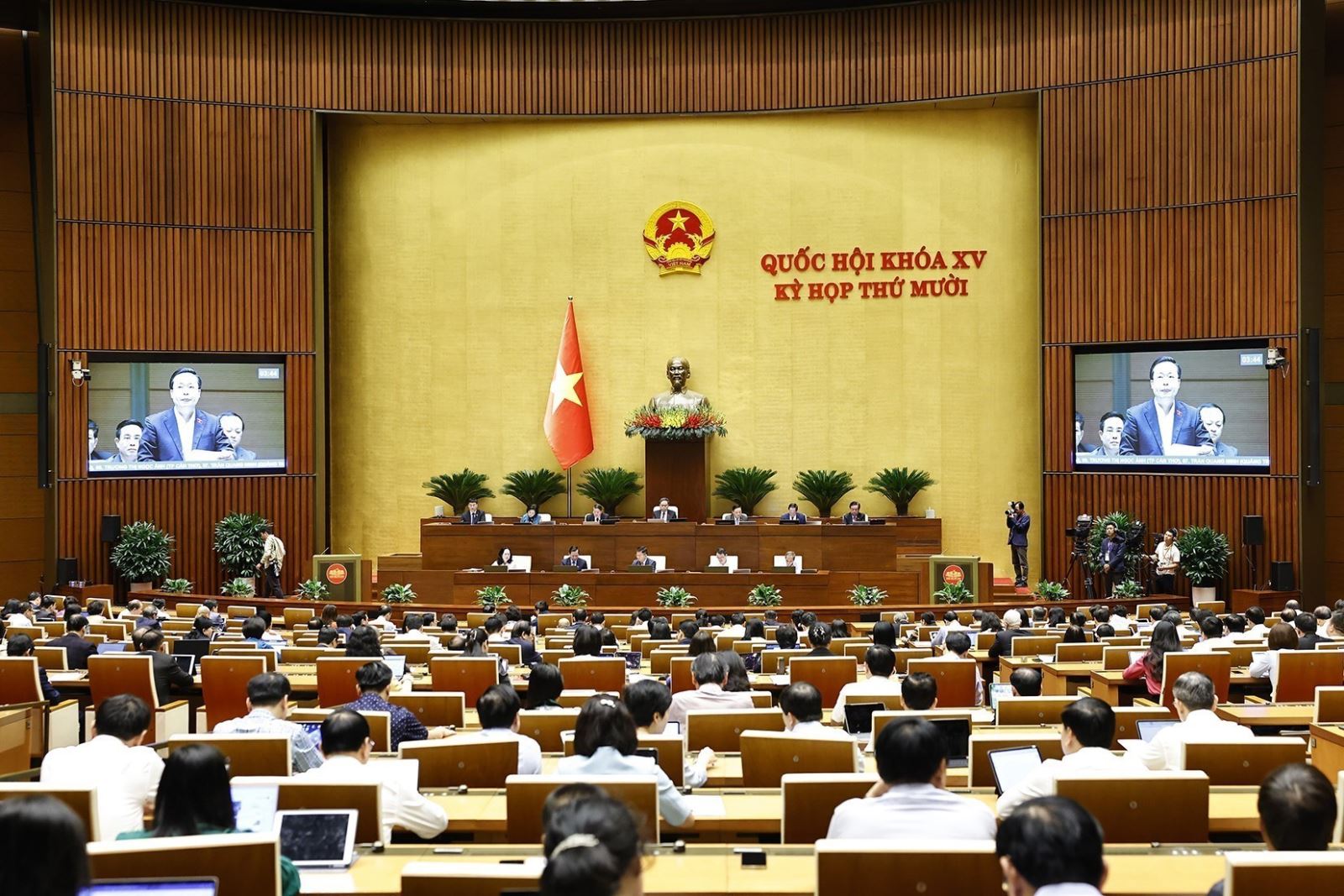
Scene of the meeting on the morning of October 29, 2025. Photo: Doan Tan/VNA
Also at the discussion sessions, the National Assembly listened to the Ministers of Health, Culture, Sports and Tourism, Agriculture and Environment; Deputy Prime Ministers Pham Thi Thanh Tra and Le Thanh Long; and especially the National Assembly listened to Prime Minister Pham Minh Chinh explain many issues of concern to voters and National Assembly deputies.
Entering the third working week (from November 3 to 7, 2025), the National Assembly will spend most of its time discussing draft laws including: Investment Law (amended); Law amending and supplementing a number of articles of the Law on Public Debt Management; Law amending and supplementing a number of articles of the Law on Insurance Business; Law amending and supplementing a number of articles of the Law on Statistics; Law amending and supplementing a number of articles of the Law on Prices; Law on E-commerce; Construction Law (amended); Law amending and supplementing a number of articles of the Law on Geology and Minerals; Law amending and supplementing a number of articles of laws in the fields of agriculture and environment; Law on Tax Administration (amended); Law on Personal Income Tax (amended); Law on Thrift and Anti-Waste; Law on Civil Judgment Enforcement (amended); Law on Judicial Expertise (amended); Law amending and supplementing a number of articles of the Law on Anti-Corruption; Law on Enforcement of Temporary Detention, Temporary Imprisonment and Prohibition from Leaving Place of Residence; Law on Enforcement of Criminal Judgments (amended); Law on amending and supplementing a number of articles of the Law on Judicial Records; Law on amending and supplementing a number of articles of the Law on Intellectual Property; Law on Tax Administration (amended); Law on Personal Income Tax (amended); Law on Thrift and Anti-Waste; Law on Construction (amended); Law on Digital Transformation; Law on High Technology (amended); Law on amending and supplementing a number of articles of the Law on Technology Transfer; Law on Planning (amended); adjustment of the National Master Plan for the period 2021 - 2030; Law on amending and supplementing a number of articles of the Law on Urban and Rural Planning; Law on Cyber Security; Law on Protection of State Secrets (amended). Discussion in the Group on the draft Document to be submitted to the 14th National Congress of the Party.
Source: https://baotintuc.vn/thoi-su/thao-luan-linh-vuc-kinh-te-xa-hoi-duoc-cu-triva-dai-bieu-quoc-hoi-quan-tam-20251101140329772.htm





![[Photo] Lam Dong: Close-up of illegal lake with broken wall](https://vphoto.vietnam.vn/thumb/1200x675/vietnam/resource/IMAGE/2025/11/03/1762166057849_a5018a8dcbd5478b1ec4-jpg.webp)

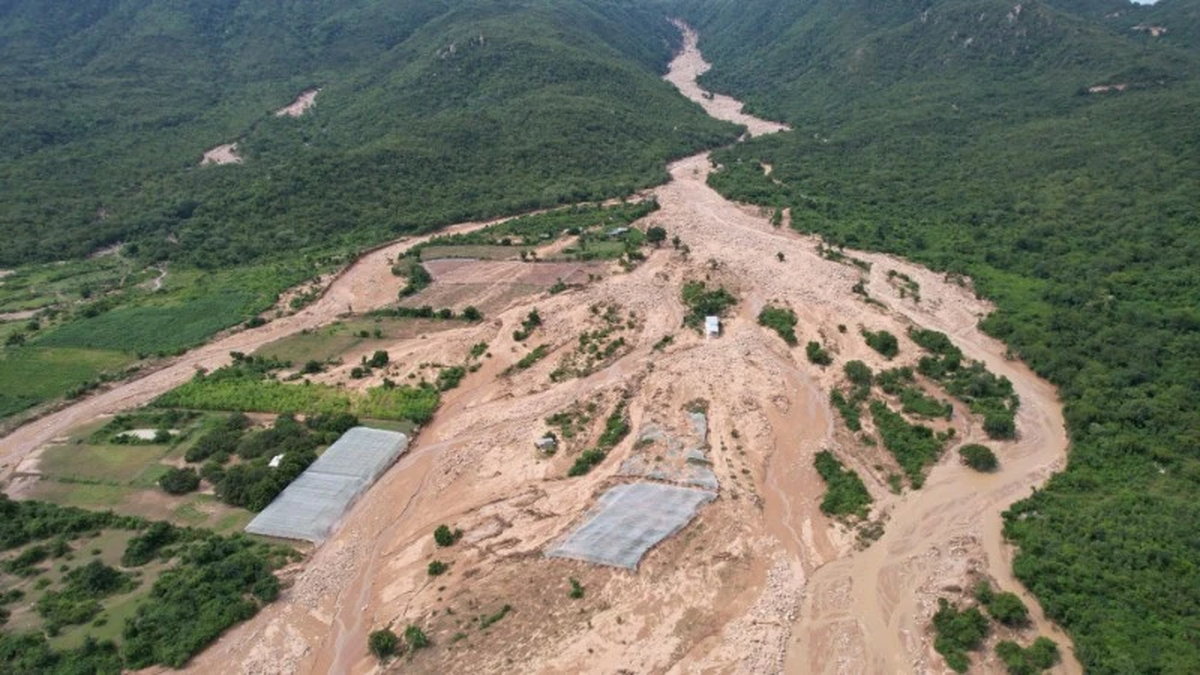
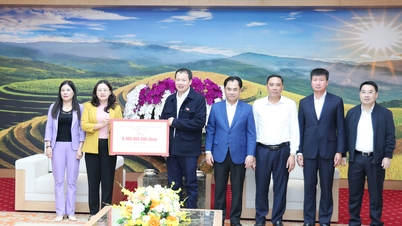

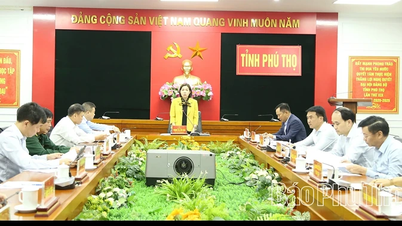



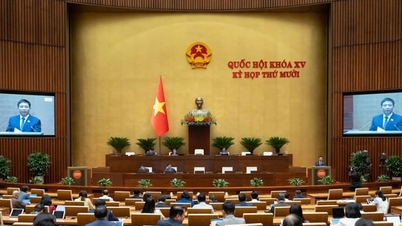

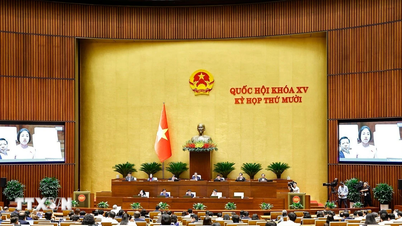

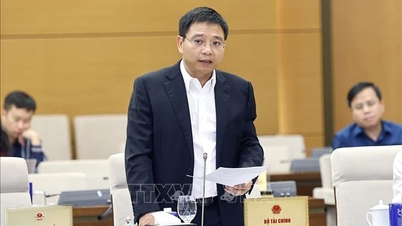
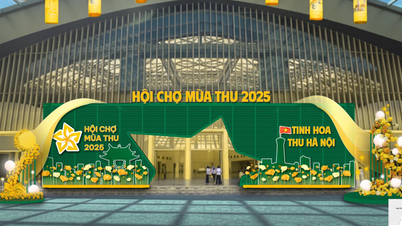










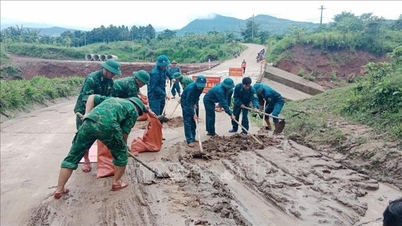

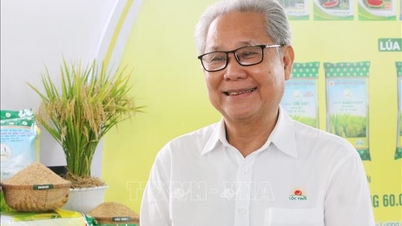









































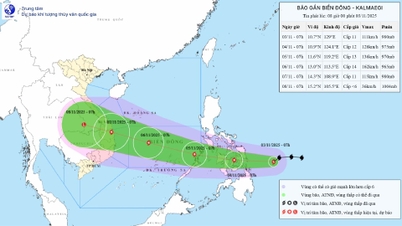















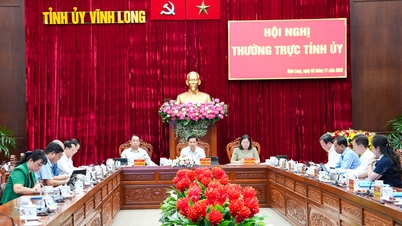





















Comment (0)